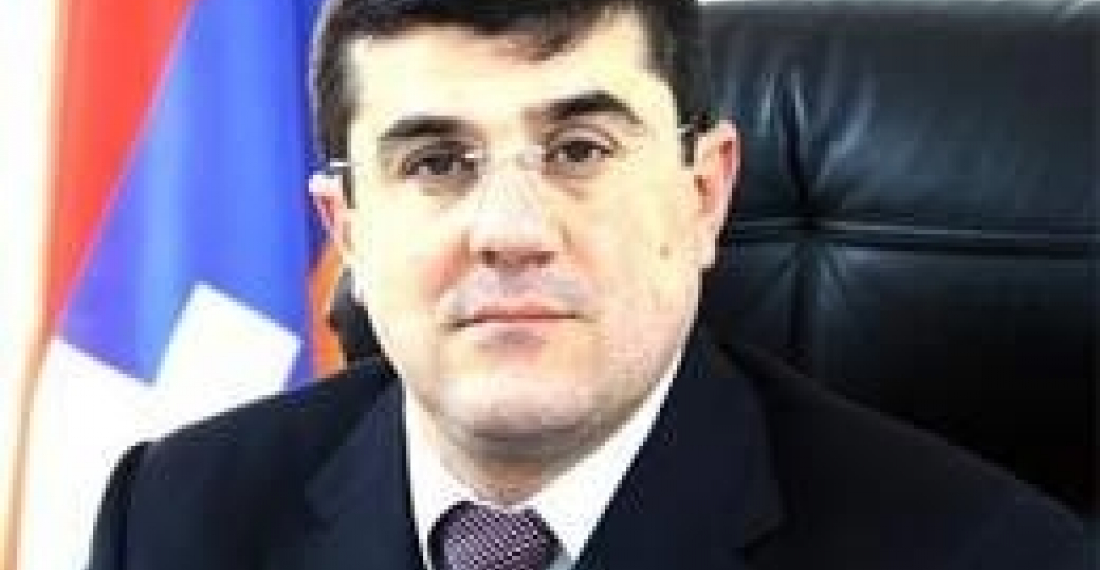Приняв за основу 1.1 пункт 1-ой части 100- ой статьи Конституции Нагорно-Карабахской Республики переизбранный на второй срок президент НКР Бако Саакян представил Национальному собранию кандидатуру Ара Арутюняна с целью получения согласия парламента для назначения его на должность премьер-министра.
Как сообщает собкор АрмИнфо в Степанакерте, Ара Арутюнян возглавлял правительство НКР и в первый срок президентства Бако Саакяна.
Согласно Конституции НКР, премьер-министр назначается и правительство формируется президентом республики в следующем порядке: президент для получения согласия Национального собрания представляет кандидатуру премьер-министра в течение десяти дней после вступления в должность президента республики или принятия отставки правительства или первого заседания новоизбранного Национального собрания после роспуска Национального собрания в случаях, предусмотренных настоящей статьей; Национальное собрание рассматривает представленную президентом республики кандидатуру премьер-министра в течение пяти дней; кандидат в премьер-министры, получивший согласие Национального собрания большинством голосов от общего числа депутатов, президентом республики назначается премьер-министром в течение трех дней. По предложению премьер-министра президент республики назначает других членов правительства в течение двадцати дней.
Если в установленном порядке Национальное собрание не дает согласия представленной кандидатуре премьер-министра или не одобряет программу деятельности правительства, сформированного по предложению премьерминистра, назначенного с согласия Национального собрания, то президент республики в течение семи дней во второй раз представляет кандидатуру премьер-министра для получения согласия Национального собрания.
В случаях, если в установленном порядке Национальное собрание два раза не дает согласия относительно кандидатуры премьер-министра или после того, как не дало согласия кандидатуре премьер-министра, не одобряет программу деятельности правительства, сформированного по предложению премьер- министра, назначенного с согласия Национального собрания, или не дает согласия кандидатуре премьер-министра, представленной после неодобрения программы деятельности правительства, сформированного по предложению премьер-министра, назначенного с согласия Национального собрания, то президент республики в течение десяти дней назначает премьер-министра и формирует правительство.
Президент республики не может назначить премьер-министром лицо, чья кандидатура дважды была отклонена Национальным собранием.






